
Starting June 1st, 2023 Our warehouse fee will be $0.65/cubic foot per month
In effort to lower the warehouse storage fee during inflation, we have went narrow aisle racking.This construction took us four months but the project is finally completed. With narrow aisle racking, we are able to drop storage by 24%.We as partners will go through this inflation together.
01/28/2024
Exploring trends and technologies shaping the sustainable logistics future, emphasizing the balance between efficiency and environmental responsibility. In 2024, Worldcraft Logistics guides readers through the evolving industry landscape - follow us for insights.
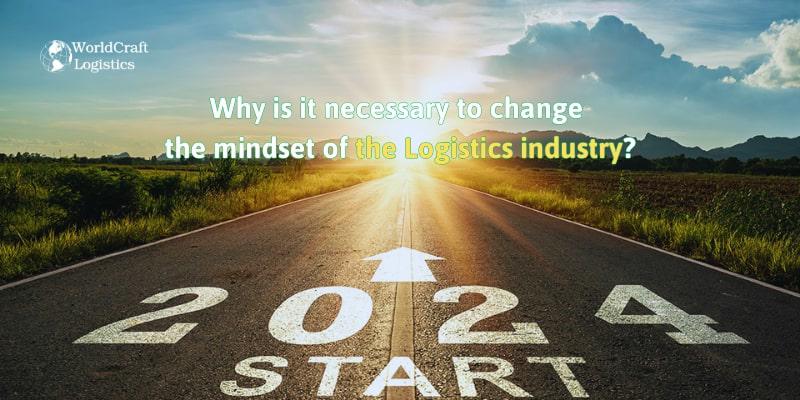
In an era dominated by discussions on climate change and environmental sustainability, the logistics industry faces a pivotal moment. Traditionally known for its substantial carbon footprint and resource-intensive practices, the sector is now actively transitioning toward a more sustainable future. Technological innovations and strategic operational changes are driving this transformation.
The logistics industry, crucial for global trade and the economy, has historically played a major role in environmental degradation. As per a World Economic Forum report, the transport sector contributes to about 21% of global CO2 emissions, with a significant portion stemming from logistics operations and urban last-mile delivery. Emissions from these activities are projected to rise by over 30% by 2030 in the top 100 cities worldwide.
The increasing recognition of climate change and the demand for sustainability from consumers, regulators, and stakeholders are prompting logistics companies to reconsider their practices.
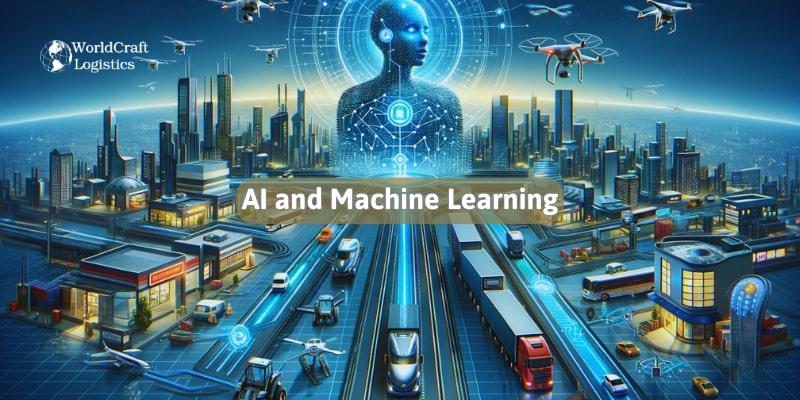
Artificial intelligence (AI) and machine learning (ML) play a pivotal role in the sustainable logistics revolution. These technologies enable intelligent route planning, minimizing unnecessary mileage and fuel consumption. AI algorithms analyze extensive data sets to optimize delivery routes and loads, leading to fewer trips and reduced emissions. Predictive maintenance powered by AI ensures vehicles run efficiently, further lessening their environmental impact. Companies, including last-mile logistics and enterprises like Uber, utilize AI and ML to optimize routes, resulting in shorter distances and lower fuel consumption.
IoT technology significantly enhances operational efficiency and sustainability in logistics. Equipping vehicles and equipment with IoT sensors allows companies to track real-time data on fuel consumption, vehicle health, and driving patterns. This data-driven approach enhances decision-making, improves efficiency, and reduces waste. An example is TruckX, which uses IoT sensor data to create critical metrics for trucking companies, such as miles per gallon, to enhance overall efficiency.
Blockchain technology transforms supply chain transparency by creating an immutable ledger of transactions and movements. This visibility enables companies to identify inefficiencies and areas for improvement in logistics operations, fostering more sustainable practices.
The adoption of renewable energy sources is gaining popularity in logistics operations. Companies invest in electric vehicles (EVs) for delivery fleets, and solar-powered warehouses are becoming more prevalent. These initiatives not only reduce reliance on fossil fuels but also lower operational costs in the long run.
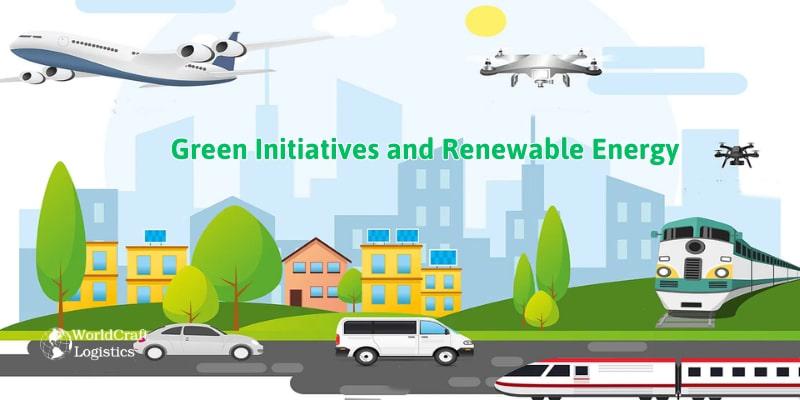
The concept of a circular supply chain, emphasizing material reuse and recycling, is gaining traction. Designing logistics processes to minimize waste and reuse materials contributes to environmental conservation and sets new standards in sustainability.
Achieving sustainable logistics requires industry-wide collaboration and supportive policies. Governments and regulatory bodies play a crucial role in setting environmental standards and incentivizing green practices. Collaborative efforts, such as shared logistics platforms and joint distribution channels, lead to significant reductions in emissions and resource use.
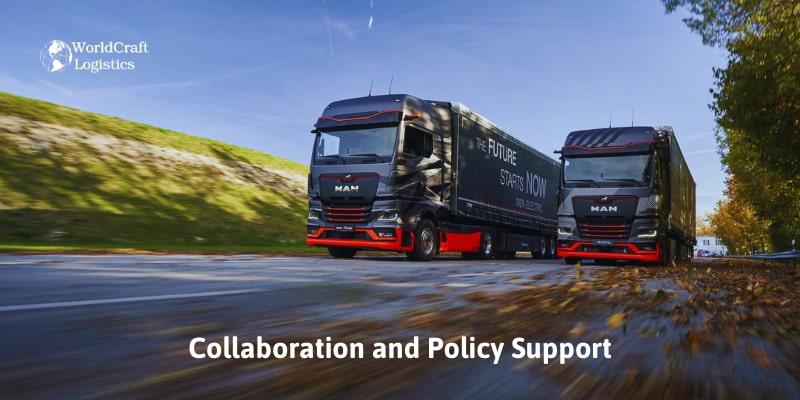
While promising, the journey toward sustainable logistics faces challenges, including high initial investment costs, resistance to change, and complexities in implementing new systems globally. Overcoming these hurdles is imperative, given the long-term benefits for the planet and business profitability.
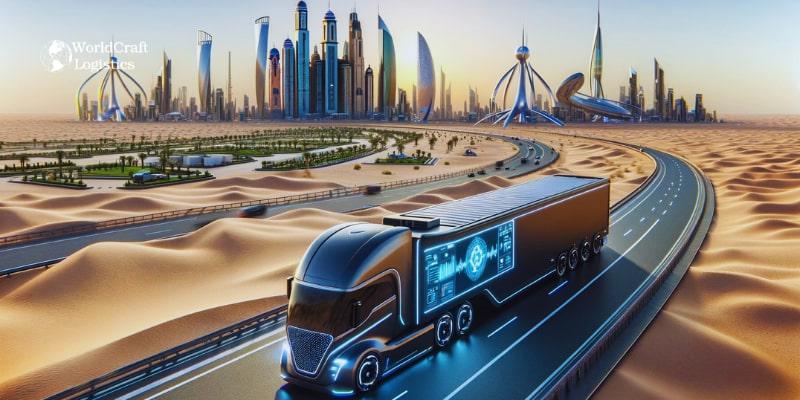
The future of logistics is undeniably green. As the industry evolves, integrating innovative technologies and sustainable practices becomes a necessity, not just an option. The transformation toward sustainable logistics is a complex but rewarding journey, promising a future where operational efficiency and environmental stewardship coexist. Companies embracing this change contribute to a healthier planet and position themselves as leaders in a responsible and resilient global economy.
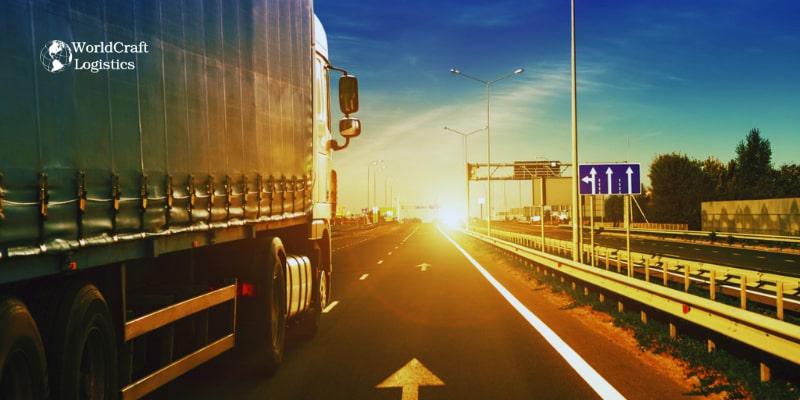
In conclusion, the logistics industry is undergoing a transformative shift towards sustainability through the integration of advanced technologies such as AI, machine learning, IoT, blockchain, and renewable energy. Despite challenges, the urgency for eco-friendly practices is clear, driven by consumer expectations and regulatory pressures. Companies leading this transformation are not only contributing to a healthier planet but also positioning themselves as pioneers in a conscientious and resilient global economy. The journey toward sustainable logistics is a crucial necessity, promising a future where innovation and environmental responsibility coalesce to leave a lasting legacy of forward-thinking business practices.
SEO
Digital Marketing/SEO Specialist
Simon Mang is an SEO and Digital Marketing expert at Wordcraft Logistics. With many years of experience in the field of digital marketing, he has shaped and built strategies to effectively promote Wordcraft Logistics' online presence. With a deep understanding of the logistics industry, I have shared more than 500 specialized articles on many different topics.

Hot News
08/05/2024
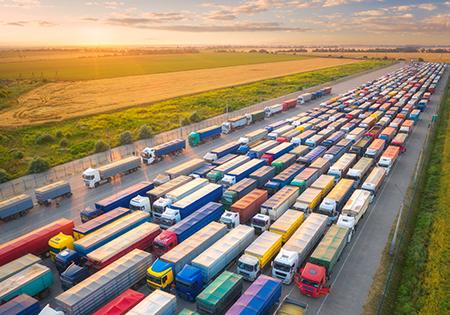
Hot News
02/23/2023
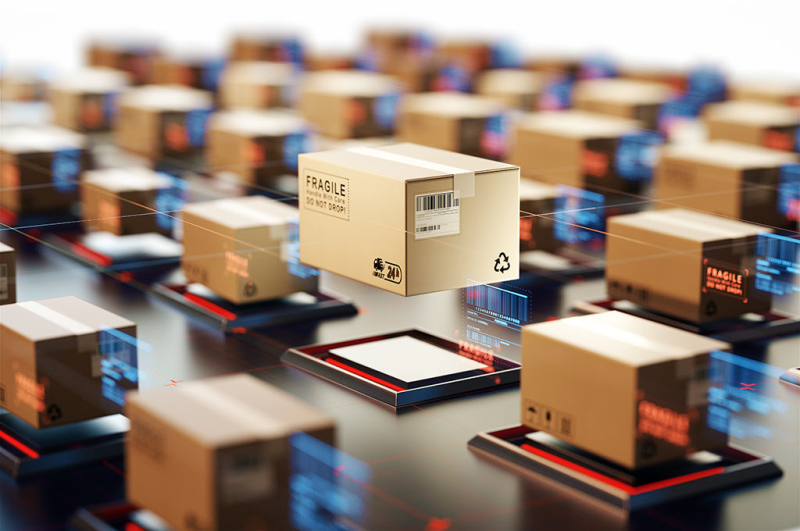
Hot News
02/23/2023
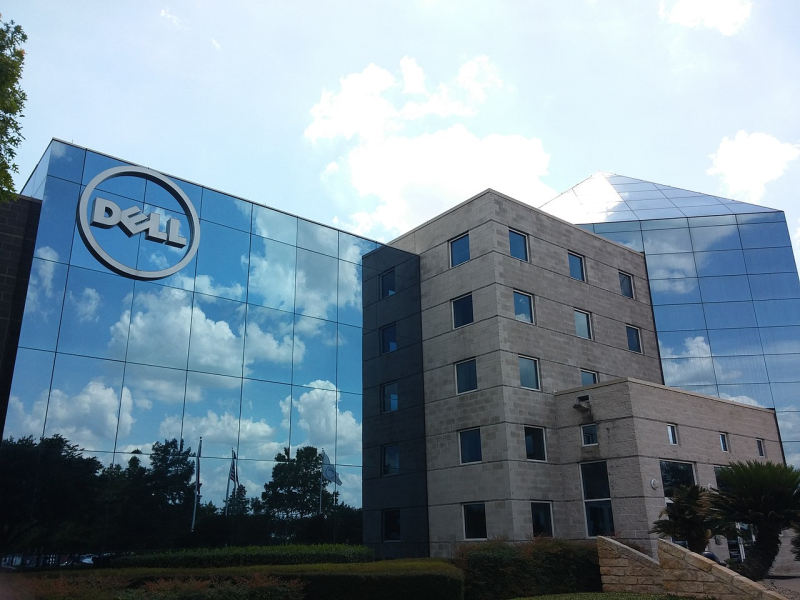
Hot News
02/06/2023
Hot News
02/07/2023